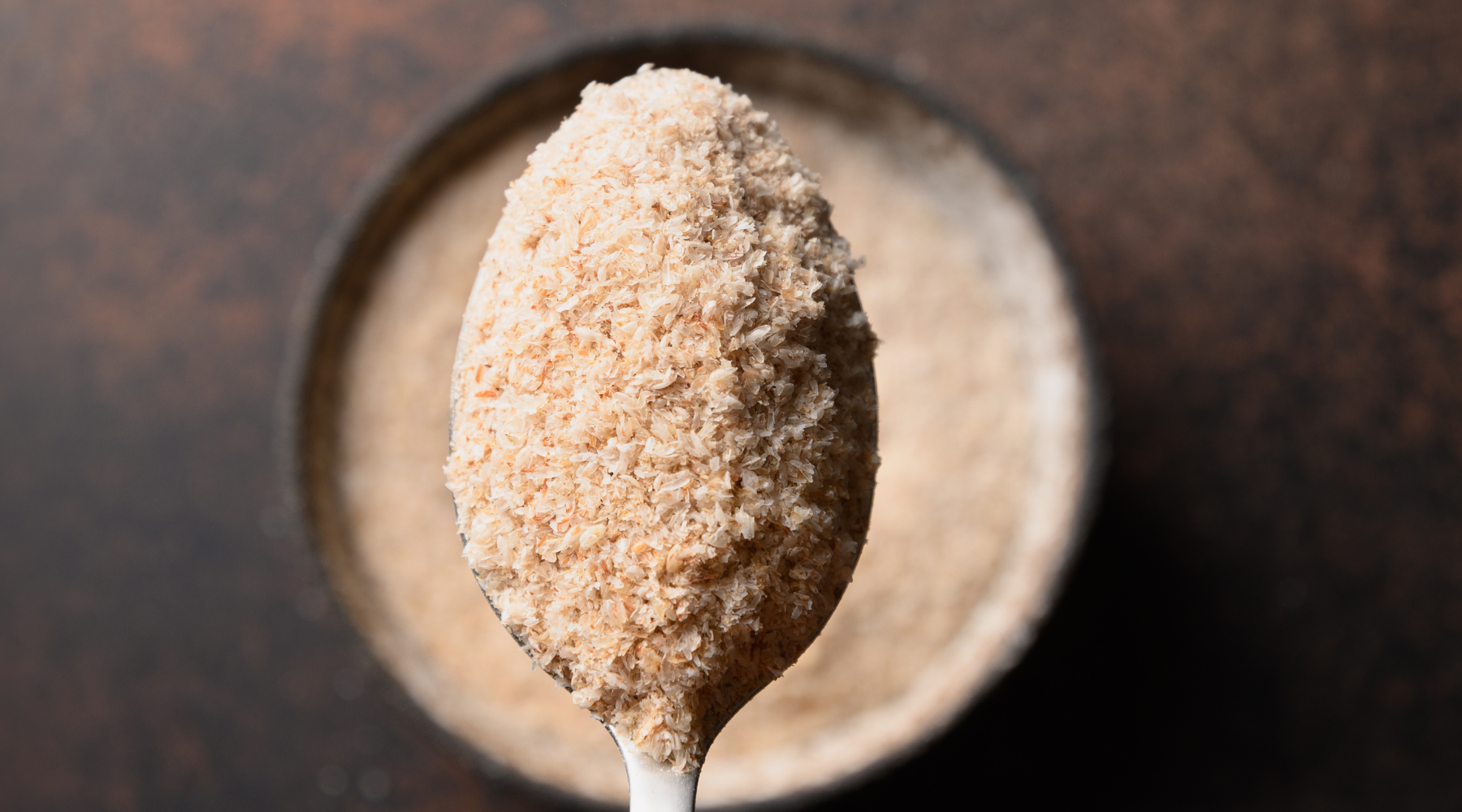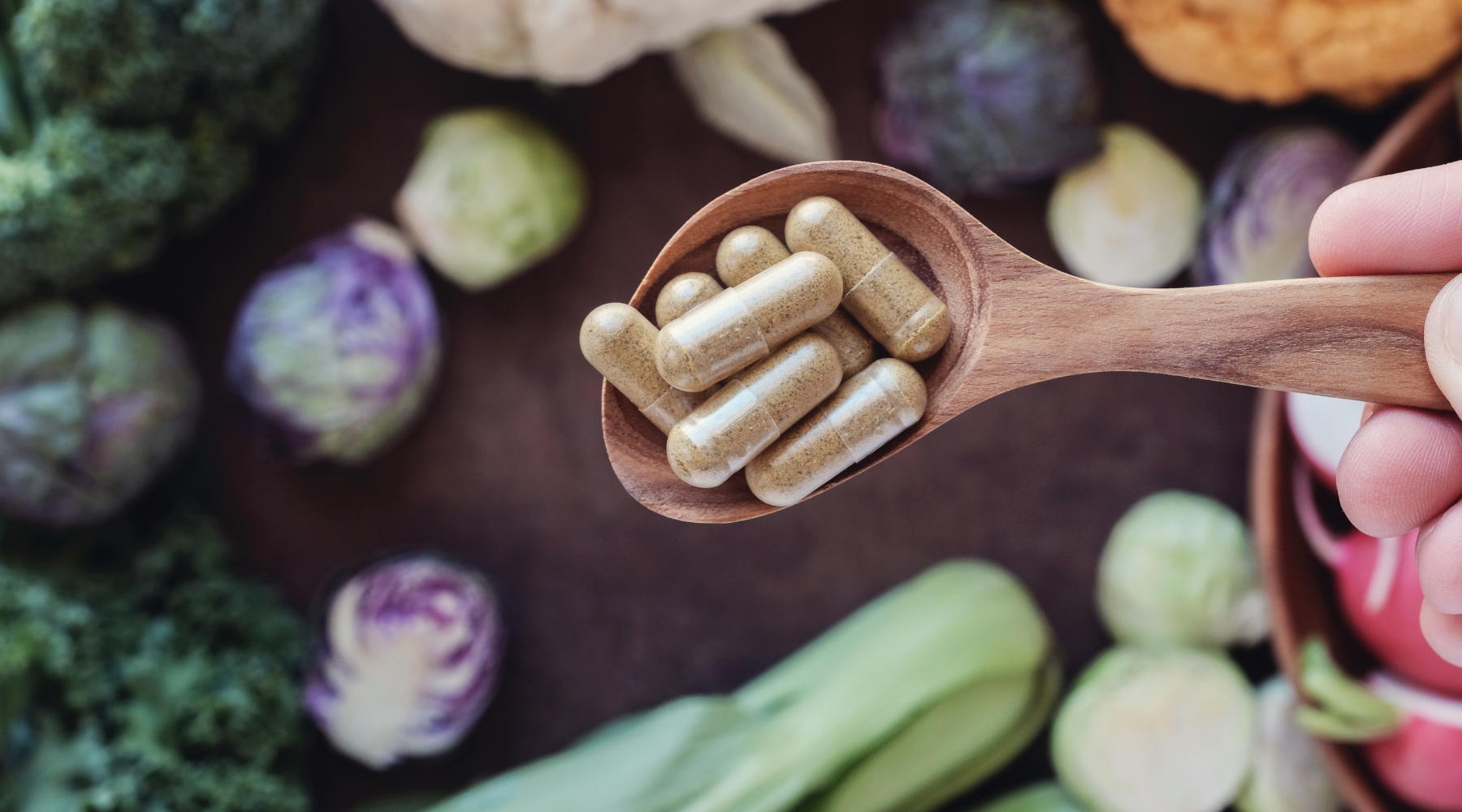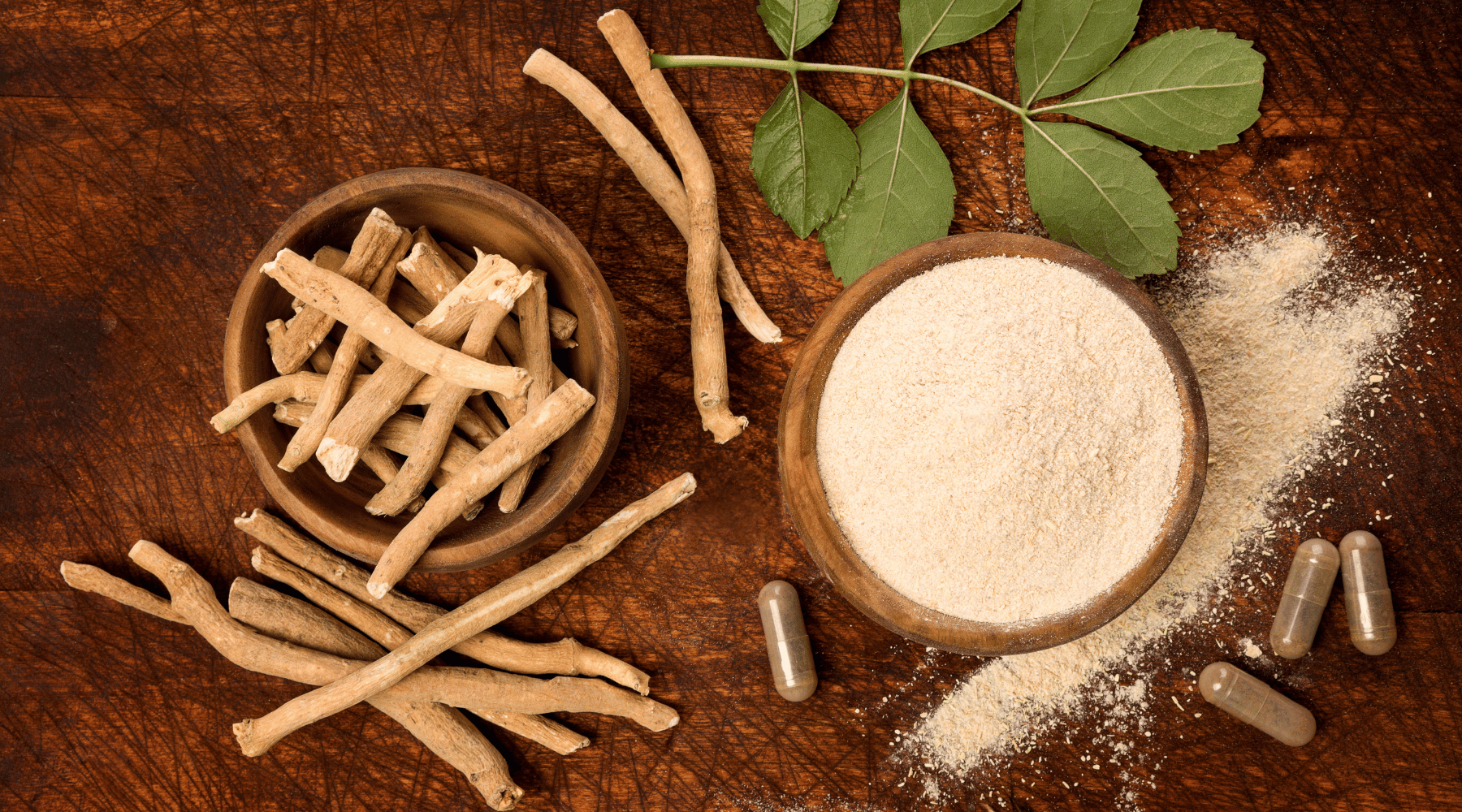
The Cholesterol Fighter: How Psyllium Fiber Packs a Punch
Have you heard about psyllium fiber and its remarkable ability to lower cholesterol levels? It may sound like a complex topic, but fear not – let's break it down in simple terms.
Firstly, what exactly is psyllium fiber? Picture tiny, seed-like husks derived from the Plantago ovata plant. These humble husks are packed with soluble fiber, a type of fiber that dissolves in water to form a gel-like substance in your gut. Now, let's delve into how this unassuming ingredient works its magic on cholesterol.
When you consume foods rich in soluble fiber like psyllium, it embarks on a journey through your digestive system. As it travels, it encounters cholesterol molecules hitching a ride in your bloodstream, especially the "bad" LDL cholesterol. Here's where the real action begins.
Imagine psyllium fiber as a sponge soaking up water along its path. Similarly, it absorbs water in your digestive tract, forming a gel-like substance. Now, this gel isn't just any gel – it's a cholesterol magnet! As it makes its way through your intestines, it traps cholesterol particles, preventing them from being absorbed into your body.
But wait, there's more! Psyllium fiber isn't content with just trapping cholesterol; it's also on a mission to escort it out of your body. Once the gel and cholesterol combo reaches your colon, it's excreted in your stool, bidding farewell to those pesky cholesterol molecules.
Now, you might be wondering, "Does it really make a difference?" Absolutely! Studies have shown that incorporating psyllium fiber into your diet can lead to significant reductions in LDL cholesterol levels. By regularly consuming foods or supplements containing psyllium, you're giving your body a powerful tool to help manage cholesterol levels and promote heart health.
So, there you have it – the superhero of the fiber world, psyllium fiber, swooping in to combat cholesterol and keep your heart happy and healthy. Whether it's in the form of a fiber-rich cereal, a sprinkle of powder in your morning smoothie, or a convenient supplement, adding psyllium to your daily routine could be a simple yet effective step towards better heart health.


